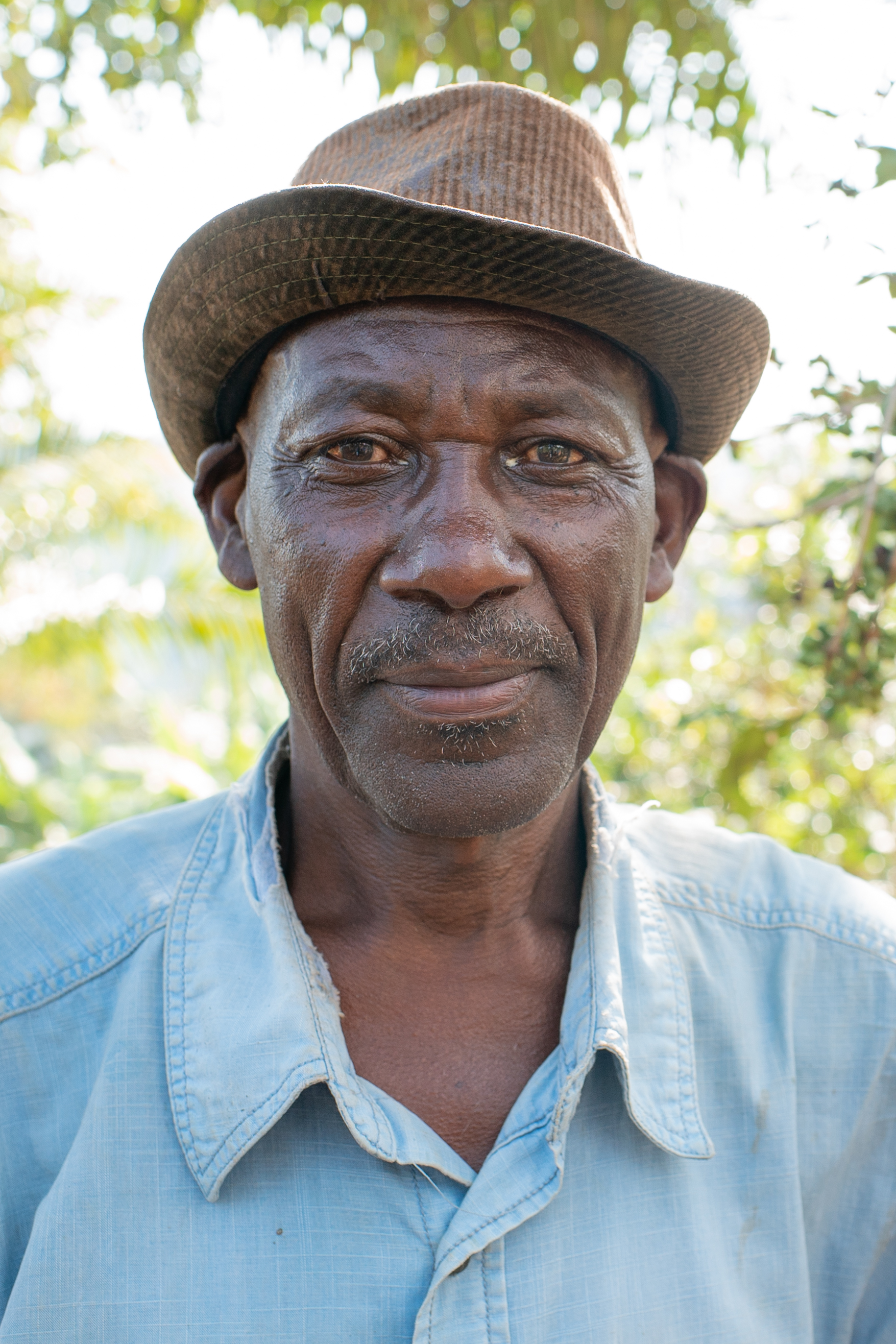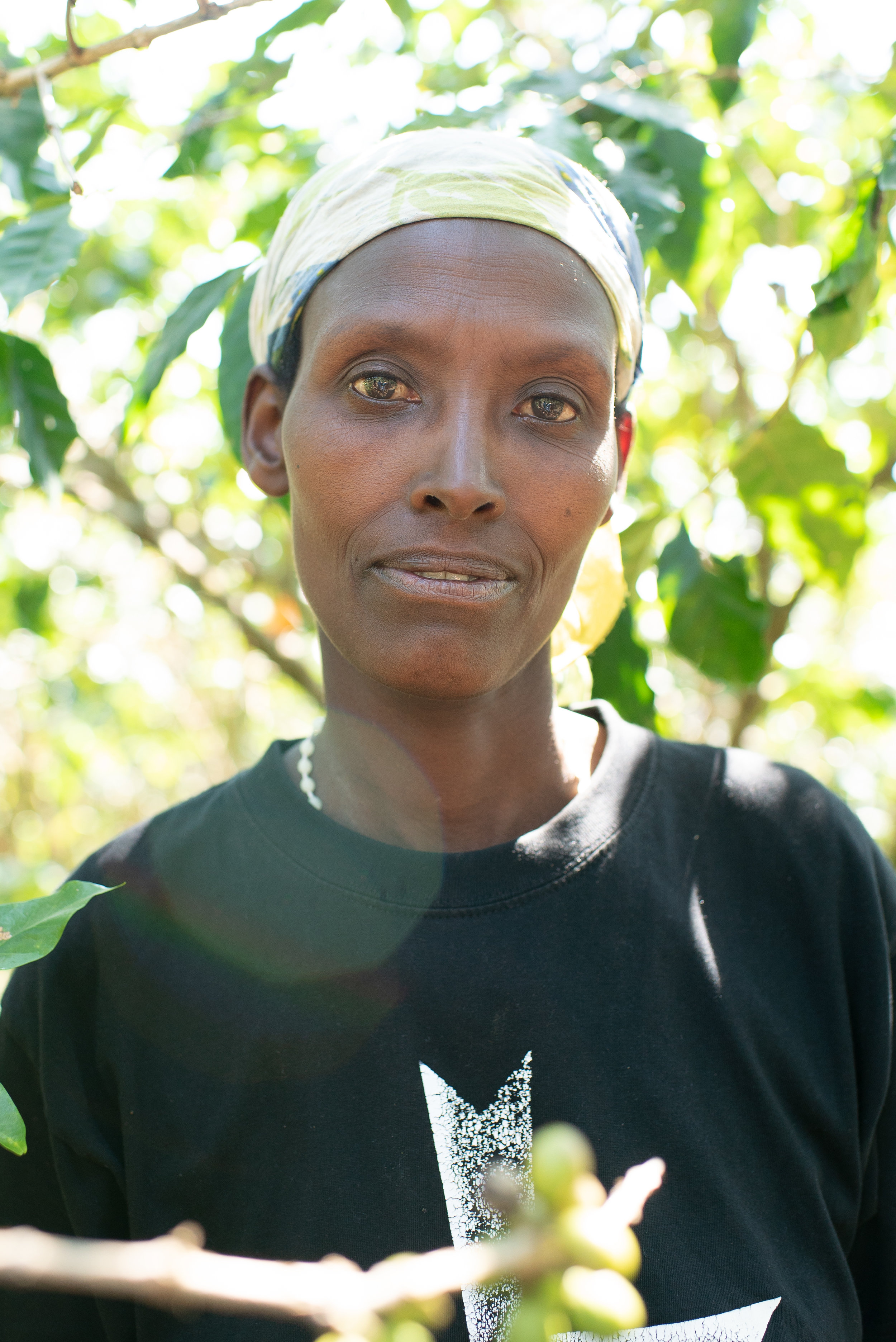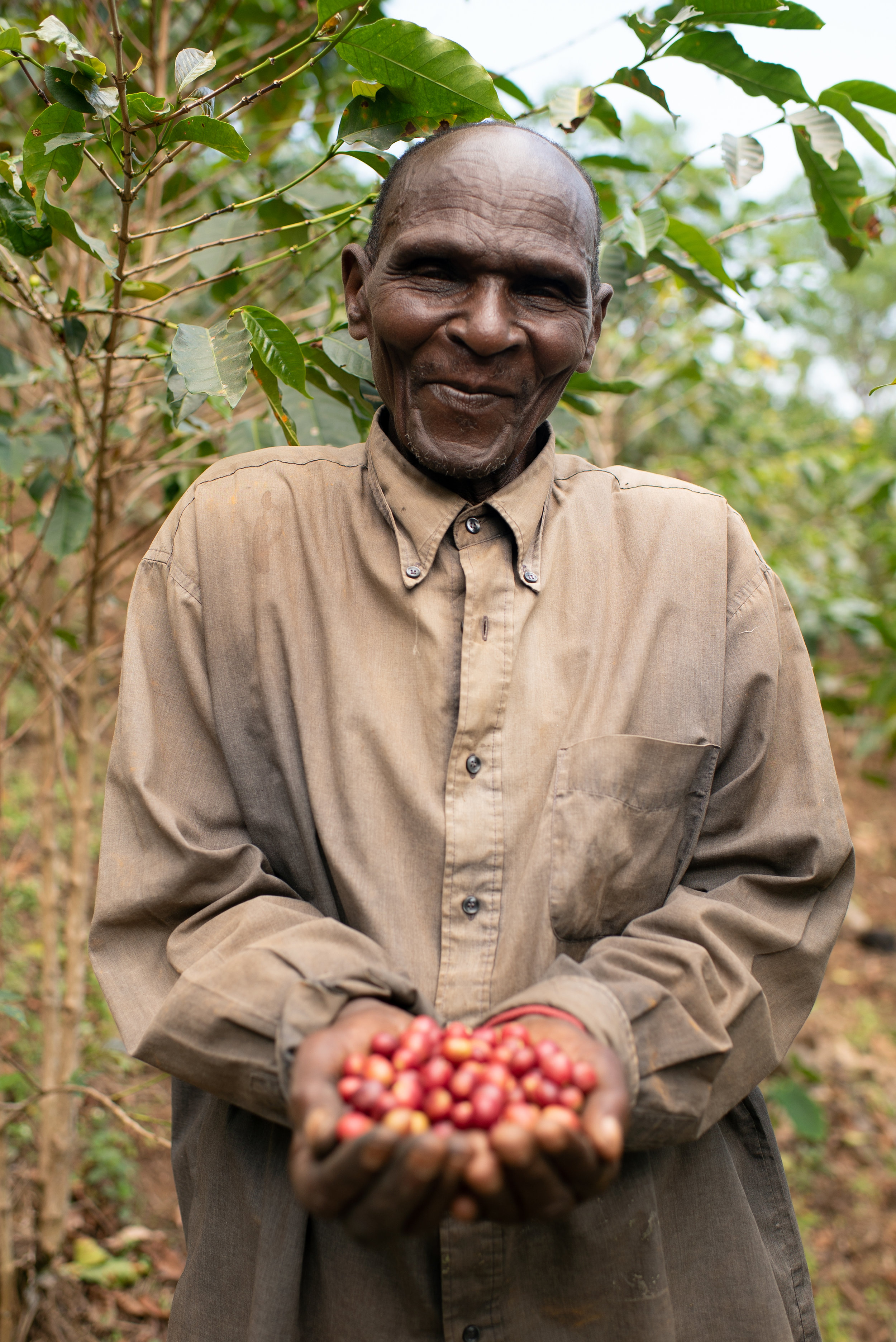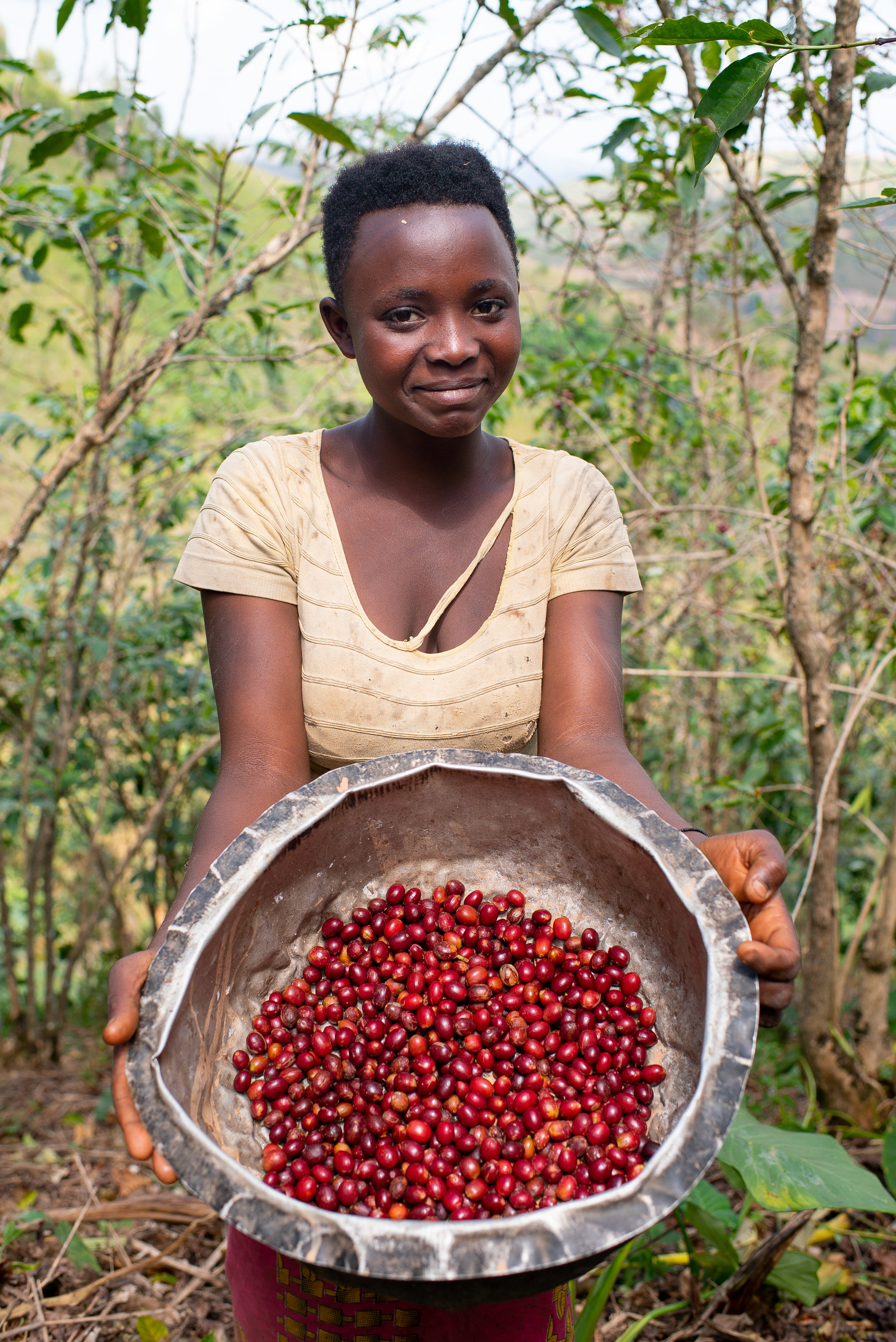Last year I spent some time working in the coffee industry in Latin America. This summer I was sent Burundi to document a new project hoping to improve the lives of coffee farmers in the third poorest country in the world.
I won’t pretend I didn’t find travel in Burundi a challenge at times, I’ve never felt like I stick out more or gathered more attention than here. Speaking to people on a daily basis who live in such poverty is difficult to come to terms with, but the work being done is inspiring and it is a story worth telling.
The history of coffee in Burundi is surprisingly interesting. It's Burundi’s largest export (shortly followed by tea) and its cultivation was encouraged after independence in 1962. Initially it was heavily subsidised by European countries, but when the industry was privatised farmers suddenly found themselves exposed to the full force of the fluctuating global market.
There is little expendable income in these communities to invest in production, so productivity has remained low in Burundi, while countries like Brazil are producing vast quantities. The problem is so bad that the price of coffee per kilo in Burundian Francs has stayed the same for over a generation. Imagine you are trying to sell a product that has the exact same value it had when your parents were your age…
The company I work for are heavily invested in the supply chain in Burundi and have created a non-profit project called Akawa (coffee in the native Kurundi language). It aims to pull these farming families up from the breadline, so that in the future they can afford to invest in their plantations and develop the industry in general.
The key seems to be the introduction of new coffee seedlings. Although the price can’t be changed, productivity can be. A coffee plant is most productive between 3 and 7 years, but many coffee plants in Burundi are up to 50 years old! When the average farmer’s children often go hungry, they are understandably unwilling to invest in seedlings that won’t generate any income for 3 years. Akawa is donating new coffee plants to thousands of families, which can increase their productivity, and therefore income, by up to ten times.
They have also introduced a system of agronomists and farm leaders, to disseminate good practice to the most remote farms, helping with composting and pest control (coffee from Burundi is naturally organic as farmers cannot afford chemicals). In the future they hope to begin programmes for children, introducing small plantations on school grounds to teach good agricultural techniques. The added support and technical assistance, as well as encouraging the production of certified coffee which adds a small premium, will hopefully help these families out of poverty.
For more information visit: http://akawa-project.com




























